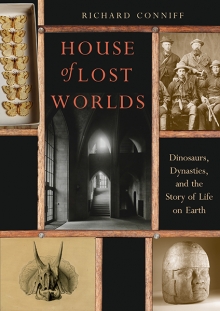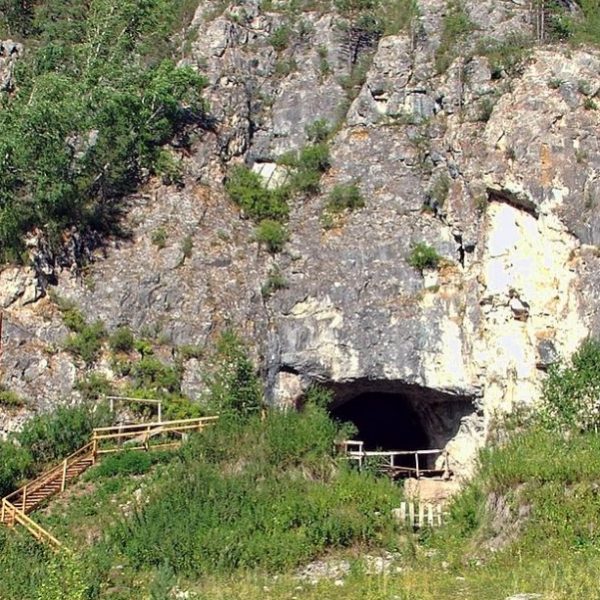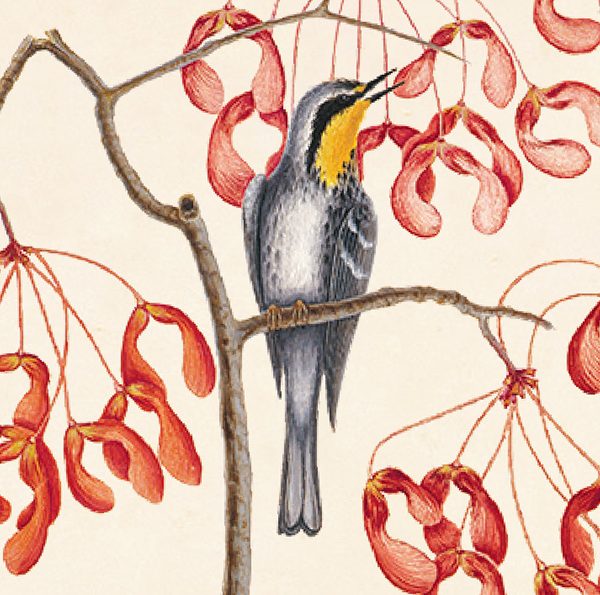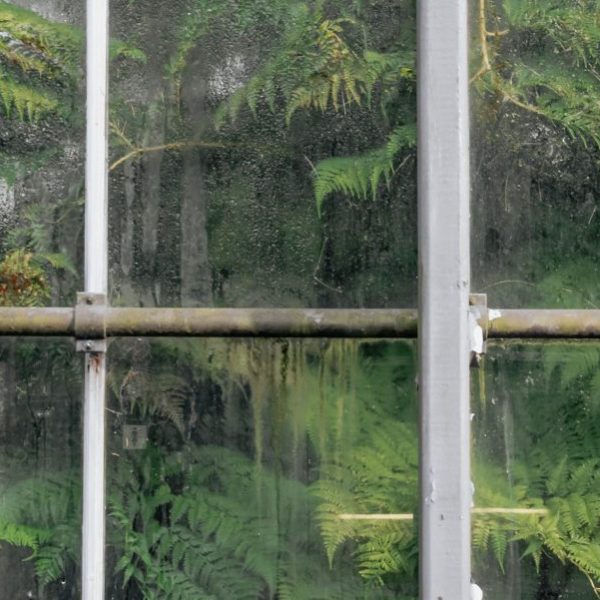A Conversation with Richard Conniff
The Yale Peabody Museum of Natural History turns 150 this year, and to celebrate, we spoke with Richard Conniff, author of House of Lost Worlds, about some of the fascinating stories from the museum’s long history.
Yale University Press: Why should we care about natural history museums?
Richard Conniff: The business of natural history museums can seem humdrum. They collect representative samples of the Earth, its succession of inhabitants, and the heavens. But over time, those specimens begin to tell stories about the planet, stories that would remain forever hidden without the museum. They are stories that can change where we choose to make our homes, what we eat, how we shop, and how we live. Without a proper record of the past, our chance for understanding this planet that is our only home would vanish forever, and with it our hope for survival.
YUP: If you were to embark on an expedition with one of the scientists whose research you discuss, who would that be, and why?
RC: It would be 1870 expedition by paleontologist O. C. Marsh and a dozen Yale students into an American West that was still wild, still home to millions of bison, still under the control of Native American tribes. That expedition shifted exploration of the West from military to scientific grounds. It began Marsh’s remarkable career bringing to life unimaginable creatures from lost worlds. And it opened the eyes of a bottom-of-the-class Yale graduate named George Bird Grinnell, who would go on to become one of the most influential figures in the rise of the American conservation movement, a savior of the bison, and an anthropologist of fading tribal cultures.
YUP: Which scientists and their research intrigued or surprised you the most?
RC: The poignant story of James Dwight Dana’s struggle to reconcile his commitment to science with his deep religious faith. Dana was among the first people to whom Darwin confided about his work on the theory of evolution by natural selection. (“I groan when I make such a confession,” he wrote to Dana.) Dana’s struggle took place in the context of correspondence with Darwin, and as the scientists of the Peabody Museum were delivering to Dana’s own doorstep fossil evidence that Darwin himself considered “the best support to the theory of evolution” in his lifetime.
Richard Conniff is a prize-winning science writer and journalist and the author of nine books including The Species Seekers: Heroes, Fools, and the Mad Pursuit of Life on Earth. His articles appear frequently in Smithsonian magazine, the New York Times, National Geographic, and other publications.


























